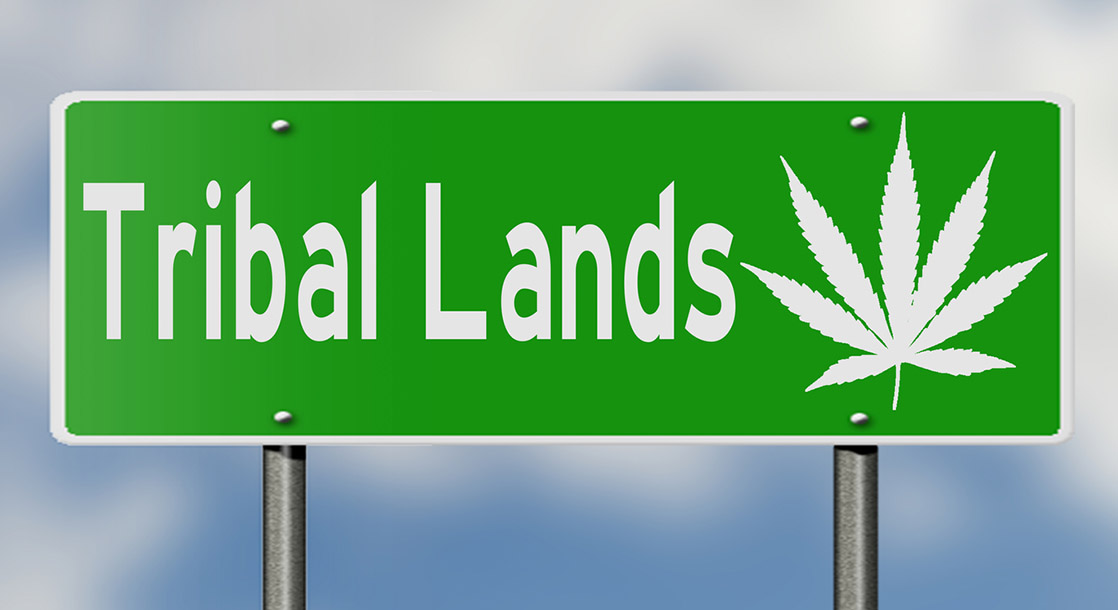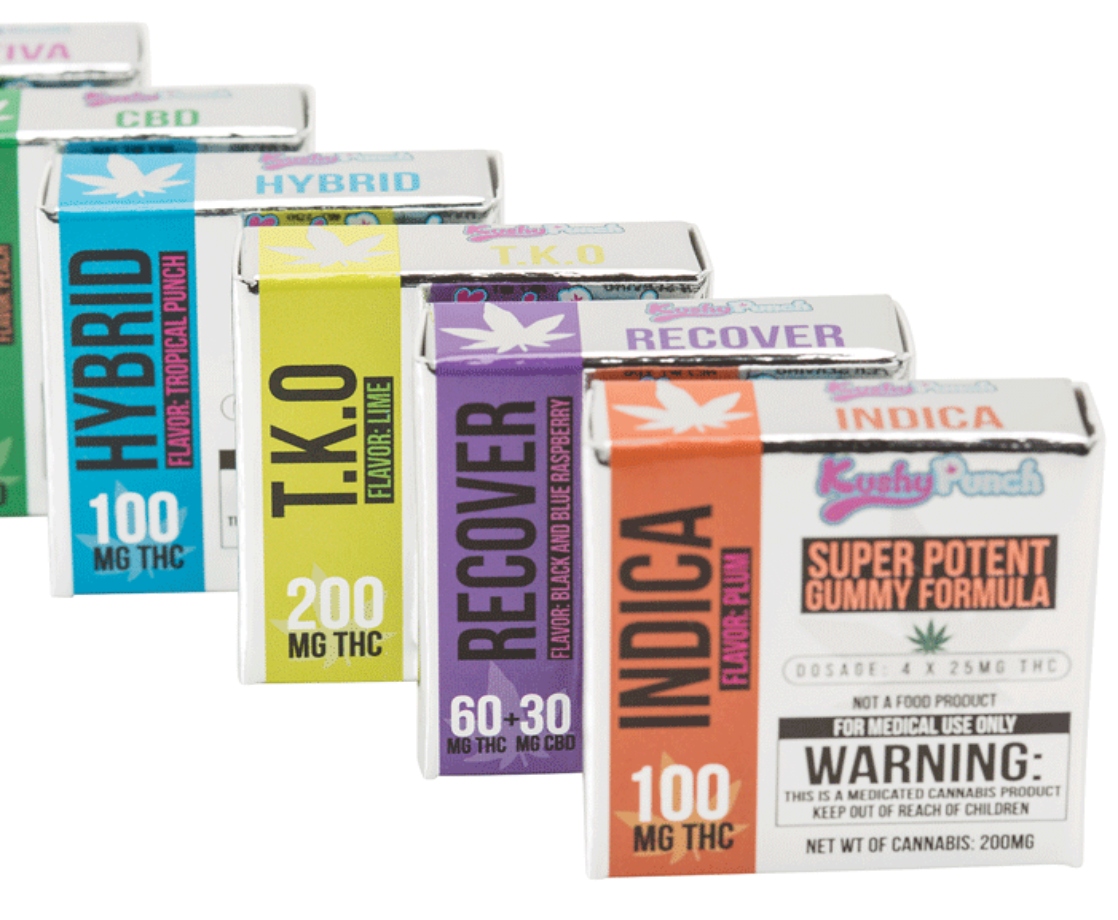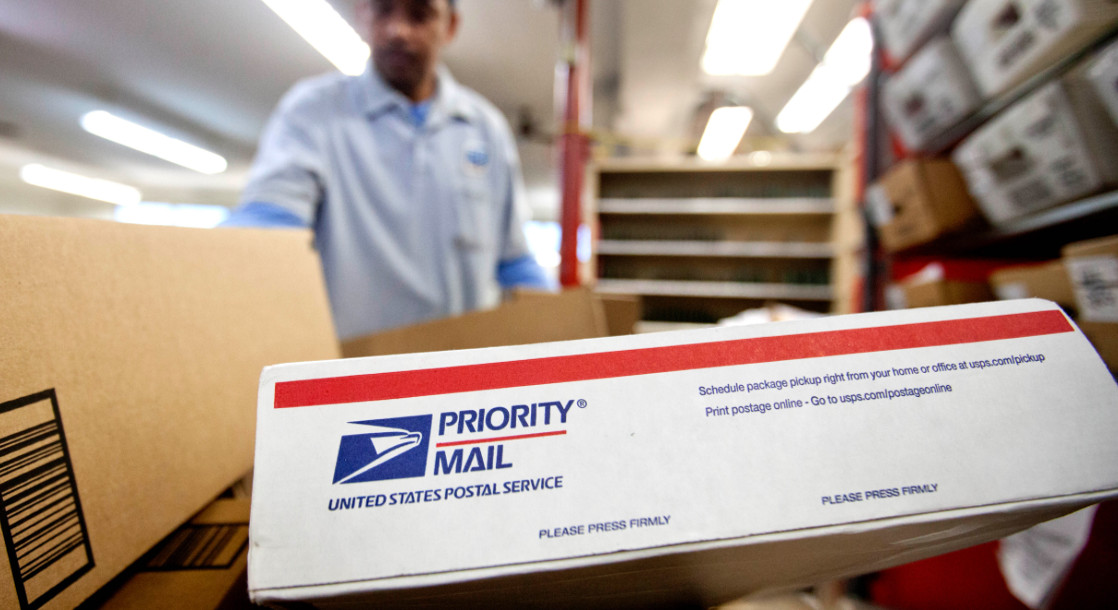It may be years before New York can finally get around to opening its first state-licensed legal weed shops, but several local tribes are already open for business.
Last month, the state’s new Office of Cannabis Management (OCM) announced that legal adult-use cannabis sales will not begin until late 2023 at the earliest. This announcement was a crushing blow for prospective weed customers and businesses alike, but many local Native American nations saw it as an opportunity to get a foothold on this highly lucrative new market.
This April, shortly after the Empire State finally got around to passing its long-delayed adult-use law, the Shinnecock Indian Nation on Long Island announced plans to break ground on their first-ever legal weed farm. The nation is now on track to open their first shops before the end of the year, but the St. Regis (Akwesasne) Mohawks in central New York beat them to the punch. The Mohawk governing council set up its own adult-use laws this summer and began selling flower, gummies, and tinctures last month.
As sovereign nations, these Native American tribes are able to set their own laws, and hence are not subject to state cannabis licensing regulations. “Dispensaries are legal if they are on federally recognized, sovereign tribal land,” said Freeman Klopott, spokesperson for the OCM to New York Upstate. Klopott added that regulators have “the ability to enter into agreements with tribes through tribal compacts to integrate them into the state program if all parties can agree to terms,” but have yet to do so.
Late last month, the Cayuga Nation also started selling legal pot in the Finger Lakes region of northern New York. The nation opened the Arrowhead Cannabis Dispensary on their tribal land in Cayuga County, and is also selling pot at two different smoke shops in nearby Seneca Falls. The latter locations may run into trouble with local authorities, however, because they are not officially on sovereign tribal land. The Cayuga Nation claims rights to property in Seneca Falls, but the Bureau of Indian Affairs just denied these rights. Local police have not indicated whether or not they will take action against these new pot shops.
Hemp businesses in nearby Rochester and other parts of the state have also tried to get a jump on the state’s glacial adult-use licensing process by kicking off gifting services. Inspired by similar businesses in Washington DC, these companies have been offering “free” weed in exchange for donations or purchases of trivial merch. But this October, state regulators officially announced that businesses are not allowed to exchange cannabis in any transactional context, a decision that will allow cops to bust these grey market businesses if they so choose.
The Seneca Nation of Indians has also been offering their own weed gifting service at three dispensaries in Western New York, but as a sovereign nation, are not subject to the state ban on gifting. Not every indigenous nation is jumping headfirst into the weed business, though. The Onondaga Nation near Syracuse announced that they are not planning to start selling cannabis at this time, and the Oneida Indian Nation said they have considered the possibility of opening their own stores, but have not come to any final decision.











